Working from Home: Do I Need Planning Permission?
Working from home is another one of those grey areas in planning, where appeal decisions and court cases show quite a wide variety of interpretations of what level of ‘business use’ is considered to not need planning permission.
The basic principle is that business use doesn’t need planning permission if it’s considered to be incidental to normal residential use. So what constitutes an incidental use?
If you’re contemplating using part of your house for business purposes, a good rule of thumb is to ask whether that use is likely to generate levels of noise, visitors, traffic, fumes or any other external effect that goes above and beyond what might normally be expected at a house. If so, then permission will be needed.
Similarly, if the house needs external alteration to accommodate the use, or requires specialist machinery or equipment not normally found in a house, it’s highly likely that permission will be needed. Whether it will be granted depends both on the nature of the use and if any of its external effects might harm neighbours’ amenities, highway safety, and so on.
Business use and neighbours
A key factor is often whether neighbours complain about a use or activity. If they do, then it’s hard to argue that the use causes no harm. If they don’t, then the use may well go undetected and unchallenged by the council. Note that a use that takes place continuously for ten years becomes immune from enforcement action, so good relations with neighbours can be very beneficial.
Does a home office need planning permission?
The majority of people working from home do so from a home office where they work alone. This arrangement doesn’t generally need planning permission. So you can convert a room to an office in your house, or incorporate an office into the design of a new house, and for planning purposes, it’s still just a house.
More extensive office use, say taking over several rooms and perhaps involving staff coming to the house, is likely to cross that ill-defined line into a mixed residential and office use.
Garden offices
Office and other uses in detached outbuildings raise similar issues, although distance from the house and whether the outbuilding has its own separate access are factors that could point to the use not being incidental to the house, and so needing permission.
One frequent question that arises is whether putting up an office in your garden is permitted development (PD). To be permitted development, garden buildings must be used for purposes incidental to the house.
The problem here is that for this particular area of planning law, the definition of ‘incidental’ differs from the more common use of the word. For planning purposes it excludes ‘primary accommodation’, namely bedrooms, livings rooms and, arguably, offices used for business purposes.
So, whilst permitted development rights might allow a garden building for use as a gym or hobbies room, that same building couldn’t be used as an office.
The position is, as ever, grey as grey, because if you put up a building as permitted development and used it for a while for a hobby use, there would then be nothing stopping you changing it to an office under the normal ‘incidental’ use of garden buildings principle.
This anomaly has long been a bone of contention for both planners and homeowners and I hope that one day the law will be changed to bring greater clarity and certainty to this issue.
Studios & workshops
Much depends here on the nature of the use. An artist painting away in silence would have much less impact than say a sculptor working in metal or stone. But if the artist had a constant stream of visitors to his or her gallery then this might tip the balance in favour of a need for permission.
Other business uses
Homes are also used for a wide range of business uses, from childminding, surgeries and consulting rooms, health and beauty uses, guesthouses, kennels and catteries, through to vehicle repair uses, taxi uses and storage of vehicles.
Again, the key tests of whether planning permission is needed are the scale of the operation relative to the domestic use and whether there are external effects that are untypical of a residential use. So, childminding a few children or using one extra car as a taxi probably wouldn’t cross the line, but having a steady stream of customers to a vehicle workshop in your garage almost certainly would.
Note that hobby uses can also cross the line of what could reasonably be considered incidental to residential use and appeals involving the extensive storage of cars in one case and boats in another, both found that due to the harmful effects on neighbours there had been a change of use needing permission. People keeping large numbers of dogs in their gardens have put their foot in it and fallen foul of the same principle.
Live/work units
One of the benefits of purpose-built live/work units is that councils can control the types of use and hours of operation, as well as the design and layout of the building. This means that business uses might be allowed in such units where they would be rejected in a normal domestic house.
For self-builders seeking plots, bear in mind that a live work unit might overcome a council’s resistance to a new house in an area designated for business uses only. Note that a live/work unit is a mixed use and so doesn’t enjoy domestic permitted rights to extend or put up outbuildings.
Conversions with a business use
Government advice concerning conversion of rural buildings puts considerable emphasis on re-use for business purposes, and this can thwart attempts to get permission for residential conversions. But a part business, part residential scheme can sometimes get around this problem, and some councils even have specific policies which allow mixed residential/business use where the residential element amounts to no more than 50% of the overall space.
Don’t imagine, though, that you can get permission for a part business, part residential scheme, then simply use the whole building as residential. The council will impose strict conditions, and possibly insist on a legal agreement to ensure this doesn’t happen.
So is your home office permitted development?
For the majority of those working from home, planning permission isn’t an issue. It’s only when your business use starts to expand that you need to be aware that at some point you’ll cross the line and have to apply for planning permission.
Ensuring that your business develops in a way that doesn’t encroach on neighbours or create problems with access or parking gives you the best chance of securing permission, if or when it’s needed.
Main image: The Coopers have built a light-filled office space into their new home
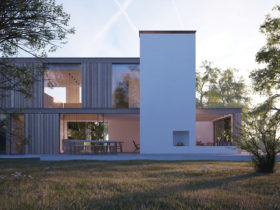



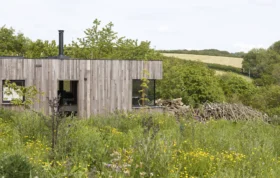
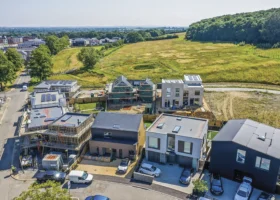
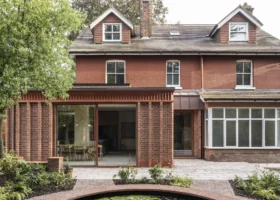
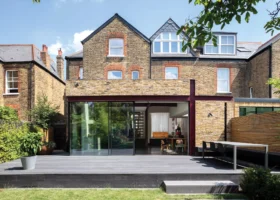




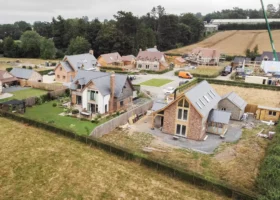

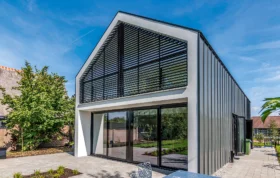


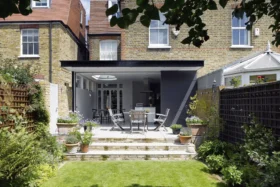
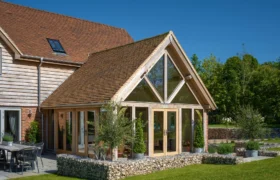
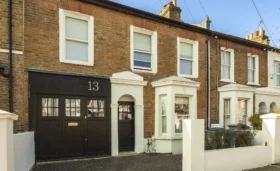
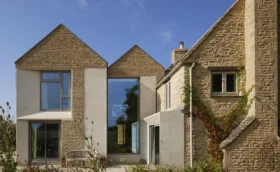
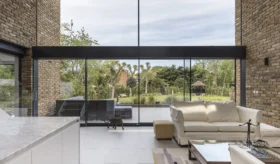
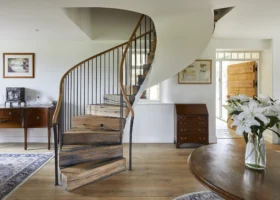
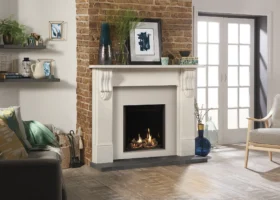

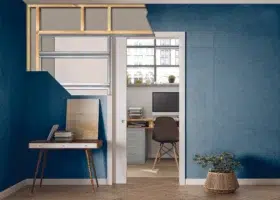









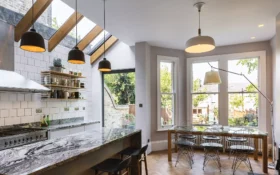
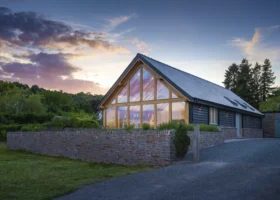

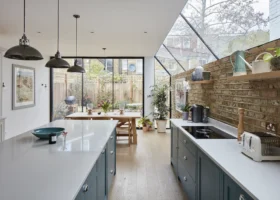





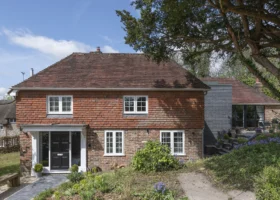
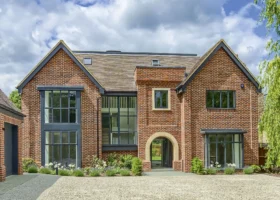

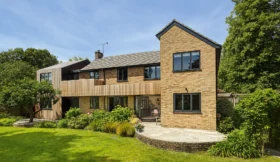

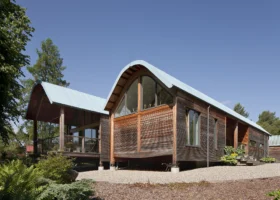

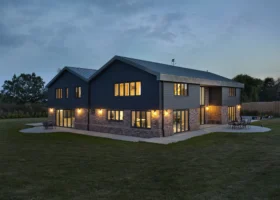
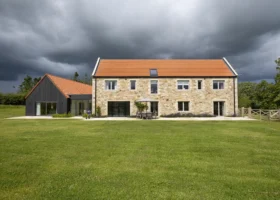
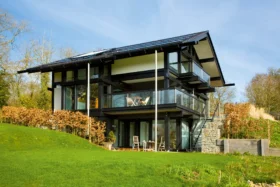



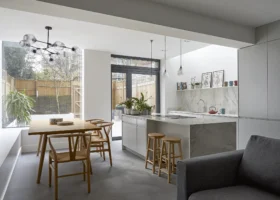

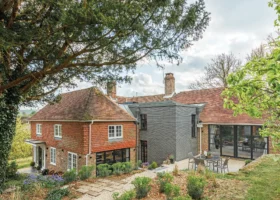
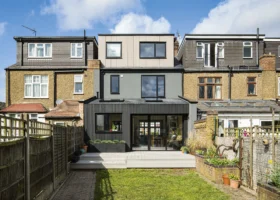
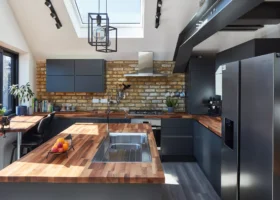





















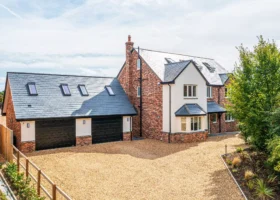
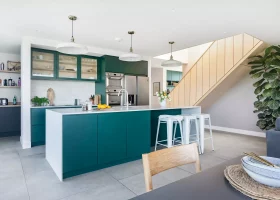











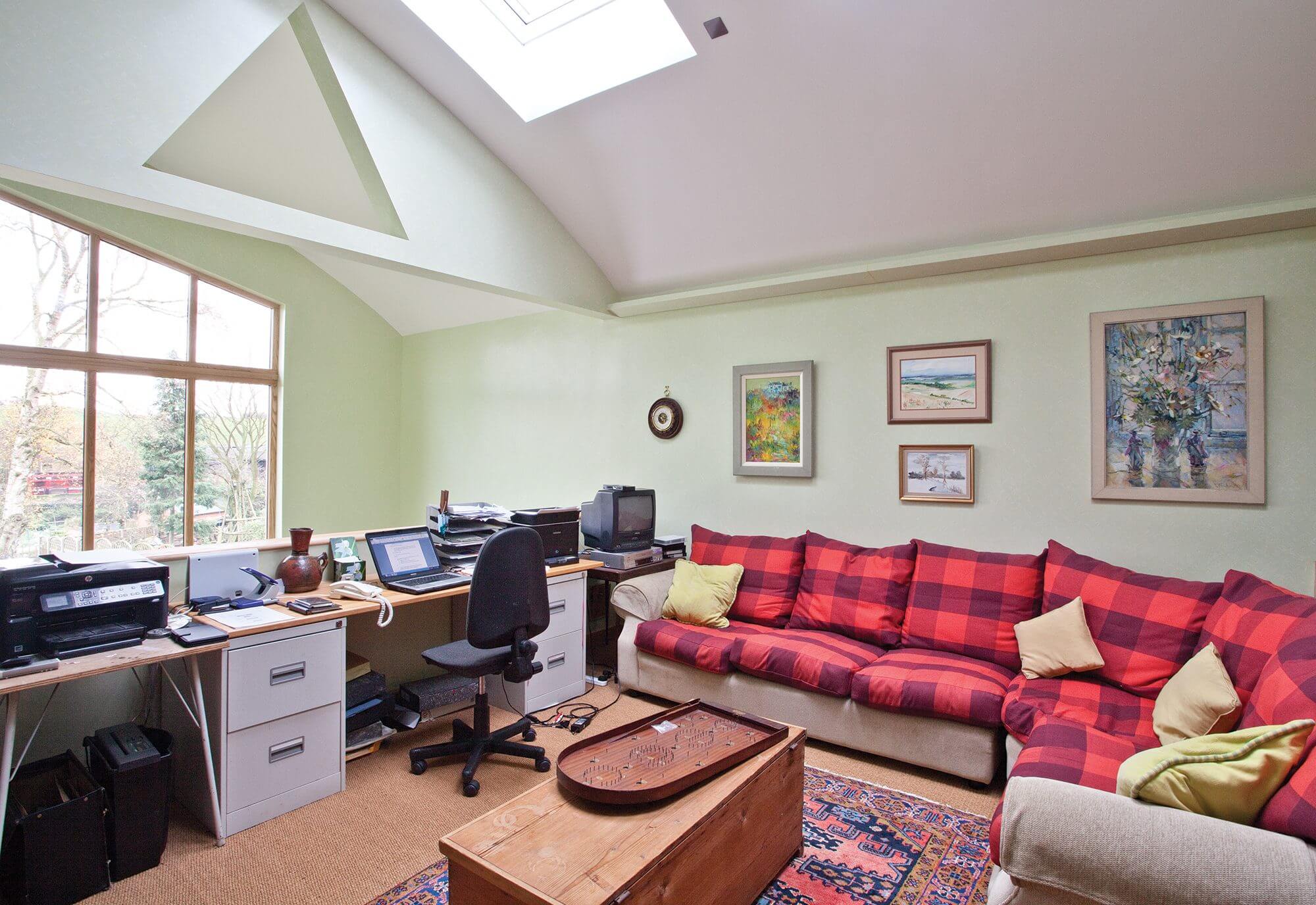
 Login/register to save Article for later
Login/register to save Article for later

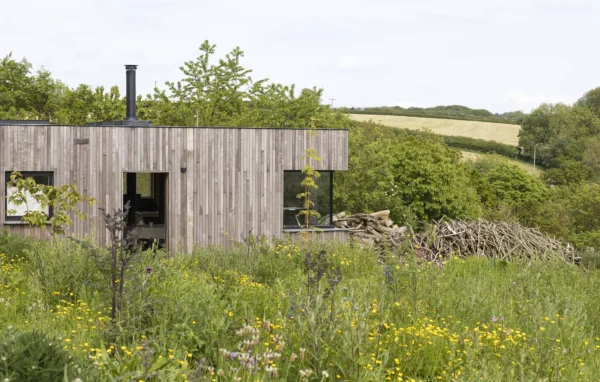
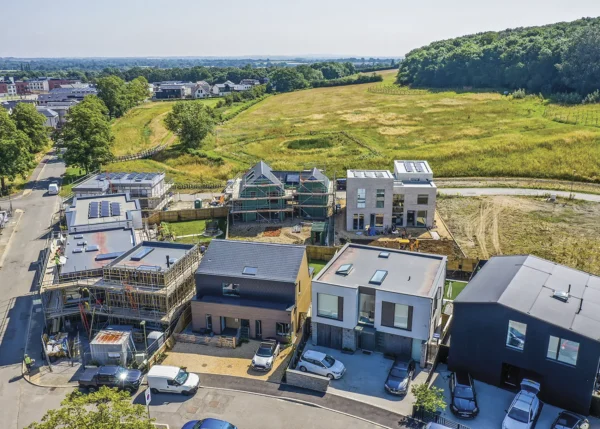
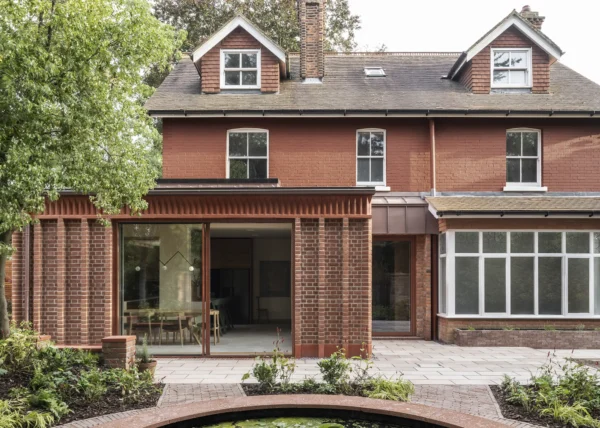
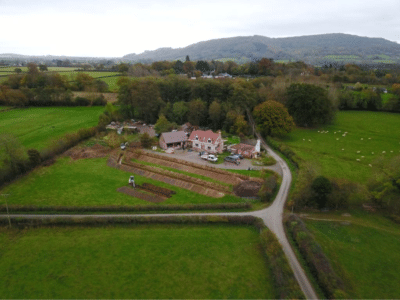


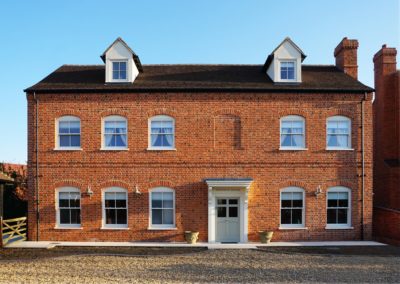





Comments are closed.